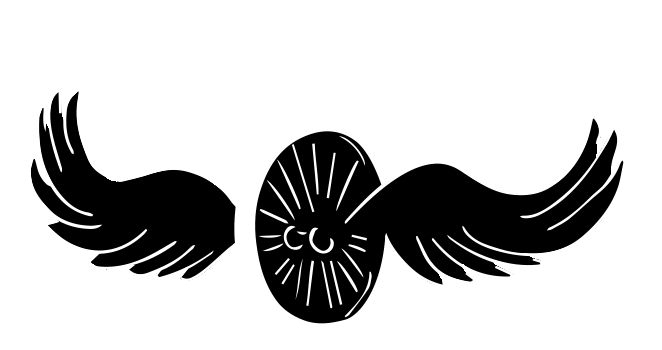
Duality, Dissonance and Disconnection - Alistair Leys’ In the Wilderness of Mirrors
‘Art is not a mirror held up to reality, but a hammer with which to shape it.’
~Bertolt Brecht
I have been captivated by the work of Alistair Leys since we first met in early 2014 when he was still a student at Central St Martins. Back then, I’d seen his films and paintings, but I didn’t know he was also a writer and poet until I read his experimental comic In the Wilderness of Mirrors. There are two volumes so far, Paradox Machine and Absurdist Maze, and Alistair is currently working on a third and final instalment - to be released next week through Kapico Production. The phrase ‘Wilderness of Mirrors’, he says, comes from a documentary about Project MKUltra, the CIA's mind control programme involving illegal experiments on human subjects. Mirrors and duality are main threads throughout both comics whose protagonist is known only as Number 11 - itself a mirror image on the page.
I was intrigued by Alistair’s process in creating this work. The words, he tells me, came first. In 2017 when he was arrested in Japan for attempting to stencil a fragmented image onto a bridge just outside of Tokyo. During the three weeks he spent in prison, mostly in solitary, occasionally getting interviewed, he filled notebooks with feverish, hallucinatory scrawls. Designated the prisoner number 11 during his incarceration, he describes it as an out-of-body experience where he felt a burning need to write a story, which descended into poetry, though not as himself.
Back in London, Alistair began to paint scenes from the words in acrylic on small panels. He created poems from the original notebooks, wanting to stay as true to their form as possible he restrained from too many additional revisions and edits. He then shuffled the pieces together in the studio like building blocks, some of the images done over several years until he arrived at the final order. The images and words reflect each other, but there is also a dissonance. The form imitates the way memory works: fragmentary and non-linear. The books are a by-product of the work as a painting, which was an attempt at bringing narrative to the medium and an ongoing concern to combine writing and image-making.
Paradox Machine is stream-of-consciousness prose, partly autobiographical but with a surreal and dream-like quality, filled with a desire to mark or capture what is fleeting:
‘he could manipulate thought into almost tangible forms and he began to create compositions on the walls.’
Absurdist Maze is pure poetry with the words split and arranged on the page so they echo and rhyme. The words themselves are sparse, but Alistair spits them out with intent, precise and razor-sharp.

There is a kaleidoscopic quality to both comics, the repetition reflecting the cycling nature of incarceration while the lack of speech adds to the sense of disconnection. There is also beauty in the brutalist grey landscapes, shards of a city: corridors, steps and train lines into infinity. The absence of human presence in these scenes makes them anonymous enough to be everywhere and nowhere. Bodies, when they do appear, are impersonal, commodified and plastic flesh as a production line, their features out of focus, identical but somehow faceless, all individuality stripped away. The message is clear: capitalism is a human carousel from which we cannot escape. Formed from a tapestry of memories, as with all of Alistair’s work, at the heart of the madness is a relentless drive to get to the truth. These comics, like everything he creates, are unflinchingly political and filled with powerful insights. A poet and a painter for our times and for all time.
The 3rd and final book of 'In the Wilderness of Mirrors' will be available to buy through Kapico Production next week, follow them on instagram @kapico_production to keep updated.
words by Kaiya Shang









Comments